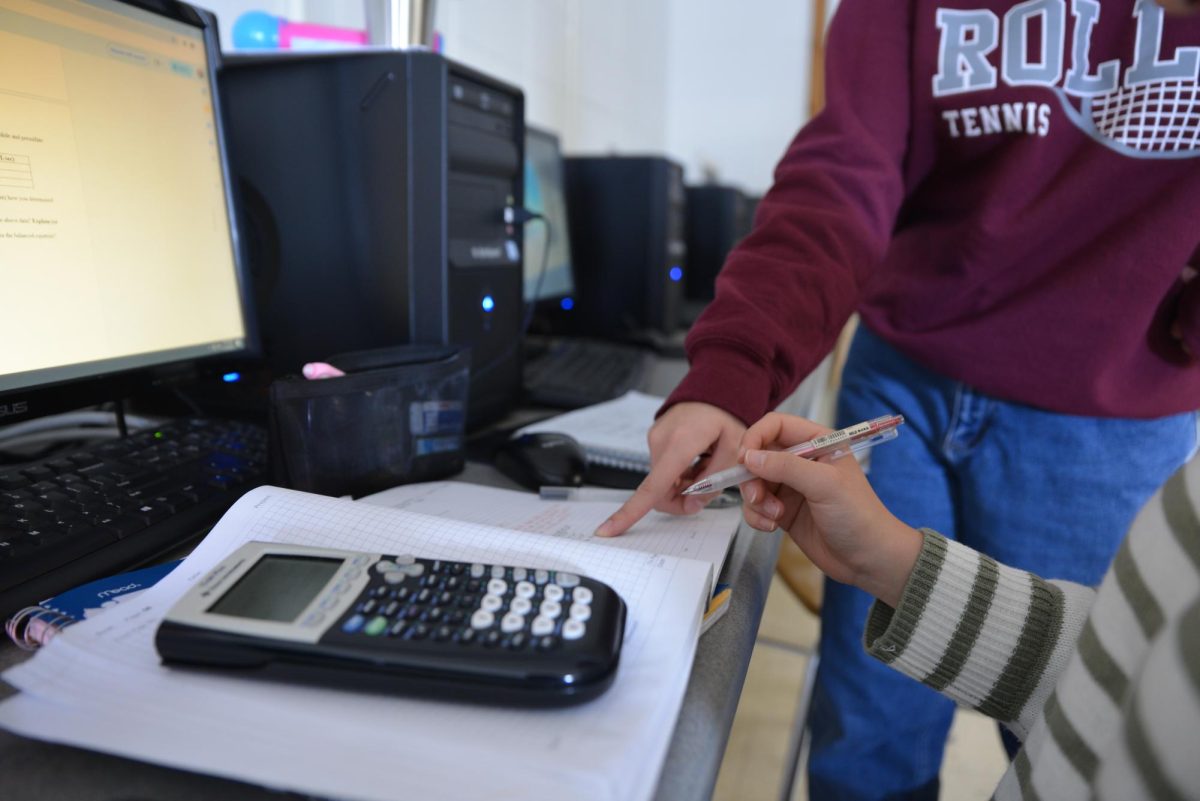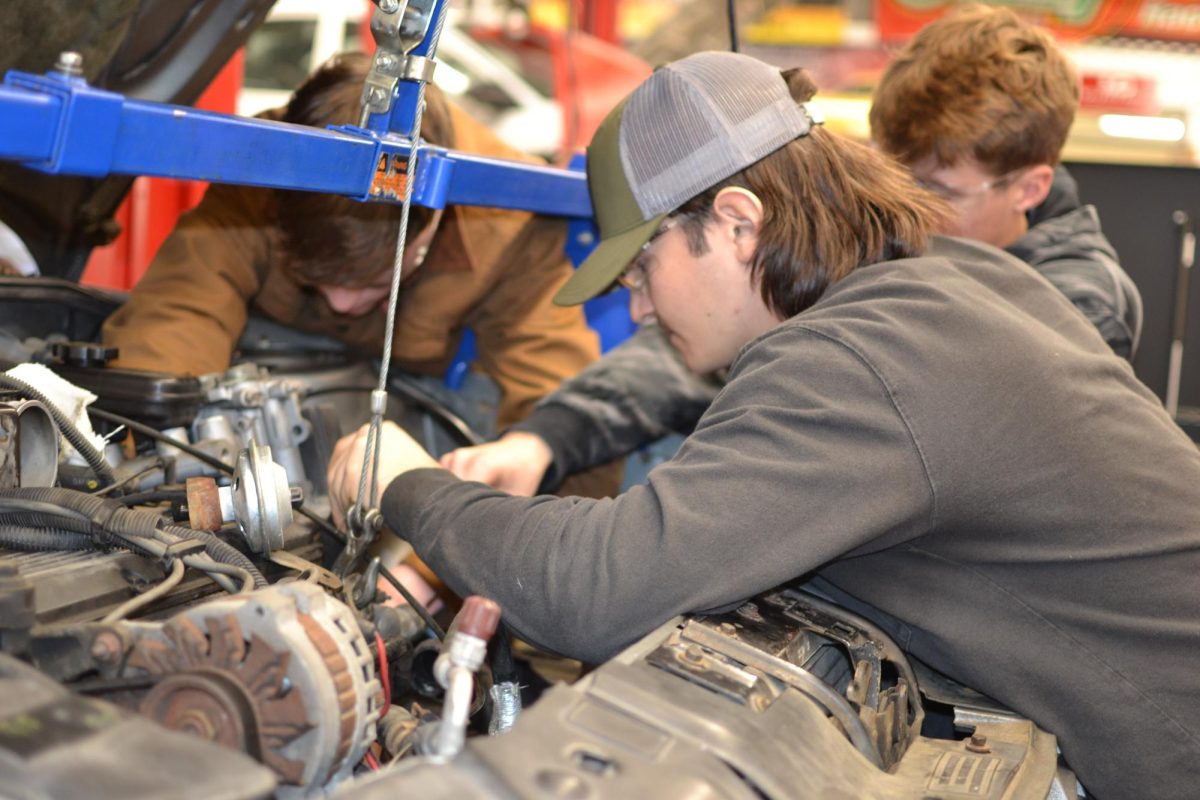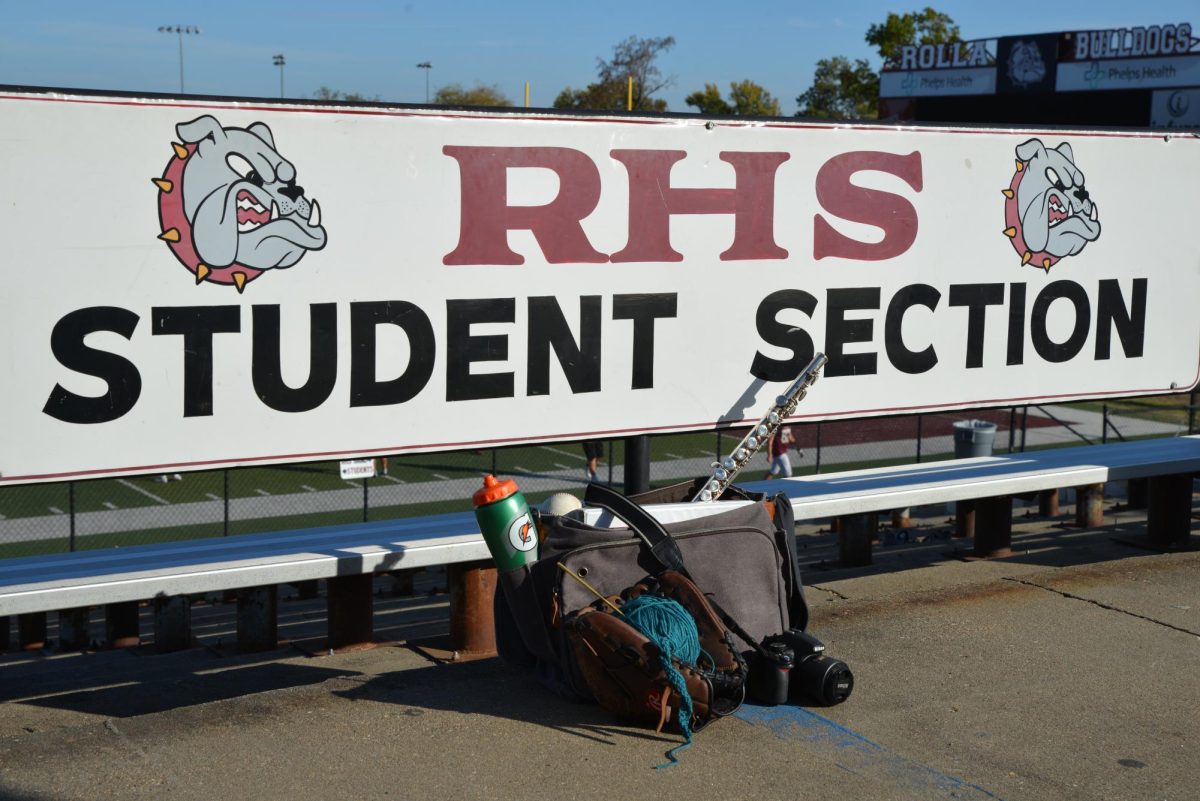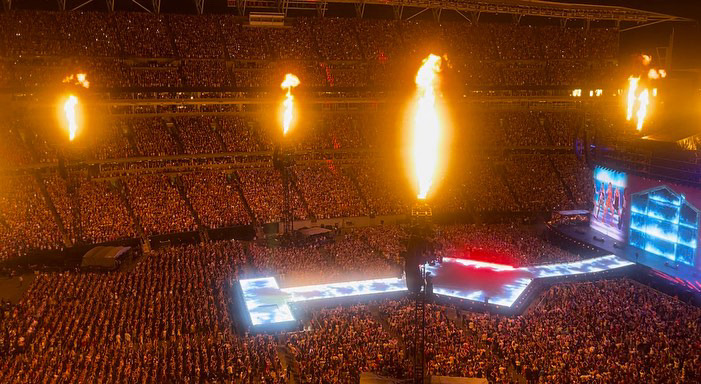When you think of a firefighter, what’s the first image that pops in your head? A big hunky guy running into a burning building to save an old lady’s cat – or the boys at the RTC enrolled in the firefighting class. Now, take this image and throw it out. Sophomores Nikki Look and Samantha Sidwell, who are both enrolled in a volunteer firefighting program at the Rolla Rural Fire Department are redefining the meaning of the word.
“My dad has been a firefighter, and I’ve grown up around it and have always thought that’s what I wanted to do. Not as a career, but something to also do through college to have a steady job. I don’t know why, it’s just something I’ve always wanted to do. I kind of just made Sammi do it with me; it‘s growing on her,” Look said.
When considering the volunteer program, it is a pesronal choice. One can’t join up expecting a self-esteem boost.
“Going into this kind of deal, you can’t expect to get anything out of it. They tell you that up front. You can’t go into it thinking you’re going to be some great person,” Look said.
The Rolla Fire Department just doesn’t let just anyone with child-hood dreams of becoming a firefighter into their program; there is a job-like application process.
“I just showed up on a Wednesday at six. It’s basically like a job application. You have to fill out tax forms, which I’m really not good at,” Look said.
Along with specialized training, volunteers get a chance to get real-life experience.
“Every second and fourth Tuesday is a mandatory training day, which means you go to the training grounds and work your butt off. We also go in for a class and do basic studies. Once a month we have a shift – we’re on shift four – it means that we have to stay that entire week
end at the fire station. We’re allowed to go on calls but we can’t go into structure fires until we’re 18. We can’t be a first responder,” Look said.
Even though the program is exciting and the experiences last a lifetime, it doesn’t come easy.
“[The program] is hard. It’s hard to get on the fire truck. Sammi calls it a costume – but when you have your bunker gear on, it’s hard to get up there when your pants start falling down. Spraying the hose is difficult, [be]cause you have to hold on to it and keep it steady. “
The classes may be hard, and the training may be tough, but fire isn’t all they are fighting.
“We get made fun of. They make bets on how long we’re going to last. They push us a little harder than most,” Look said.
“A lot of things changed when we came in there, and the guys kind of hold it against us. They have to watch what they say, they can’t make sexual jokes like a group of guys usually do,” Sidwell said.
In addition to uniforms, the girls also get a special number.
“I’m 475 and Nikki’s 477, it’s like when you’re talking to someone over the radio – it’s kind of your code,” Sidwell said.
Have no fear, with anything interesting a bunch of paperwork is always present.
“A PQS – Personal Qualification Standards – is a stack of papers that help you with your official test to become a fire fighter when you turn 18,” Sidwell said.
One of the things Look and Sidwell both agree on makes all the hard work worth it is – and all of us can relate – good food.
“My favorite thing about it is my food is made for me everyday. Jedd makes some killer food,” Look said.








